‘Get ready, they are coming’: Lawyers warn Aussie former SAS soldiers
Australia’s former Special Forces soldiers have been issued with an urgent warning after the first war crimes murder charge was issued.

National
Don't miss out on the headlines from National. Followed categories will be added to My News.
Like a communique dispatched from the front line, the message to former Special Forces soldiers caught up in war crimes allegations was urgent.
“Get ready, they are coming,” lawyers told their former SAS Regiment clients this week in a series of hastily made telephone calls across Australia.
The reason was the nation’s first war crimes prosecution for an alleged battlefield killing was launched last Monday — more than a decade after the incident.
Former SAS trooper Oliver Schulz, 41, was charged with one count of “war crimes – murder” over the death of an Afghan man in 2012 in Uruzgan Province in Afghanistan.
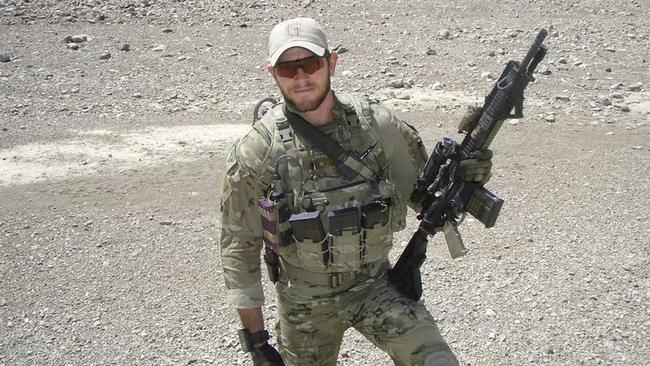
While he is the first to face the legal system there are many more to go for varying degrees of seriousness up to and including murder.
“We just wanted to contact everyone and say ‘hey look things are happening, get ready’, things are more concerning now after this (Schulz charging),” Howden Saggers Lawyers director and criminal law specialist Bettina Webb said yesterday.
“My message to them ‘do not give an interview, do not talk to police about your version of events or what you say happened or didn’t happen, if they are there to charge you there is nothing to say that will undo that’, that’s mainly what we are putting across to them.
“People think ‘oh if I just say what happened I will go home’ but no that will not happen. The other issue is police will invite them to give an interview and when they say no police will have friendly chats and people don’t realise that is still on the record. They need to understand not to say anything.”

The list of those being pursued now by authorities has grown since the Brereton inquiry into war crimes was released in November 2020 with wire taps, raids, inducements and rollovers exposing new evidence previously not considered.
Within this cohort are also more senior commanders who allegedly doctored mission brief profiles after the action to suit the outcome of operations that did not go to plan.
Howden Saggers Lawyers represents about half a dozen former Special Forces soldiers of the 23 individuals being investigated by the Office of Special Investigator (OSI) and the Australian Federal Police (AFP) implicated in alleged war crimes including unlawful deaths in more than 45 incidents in Afghanistan during the war.
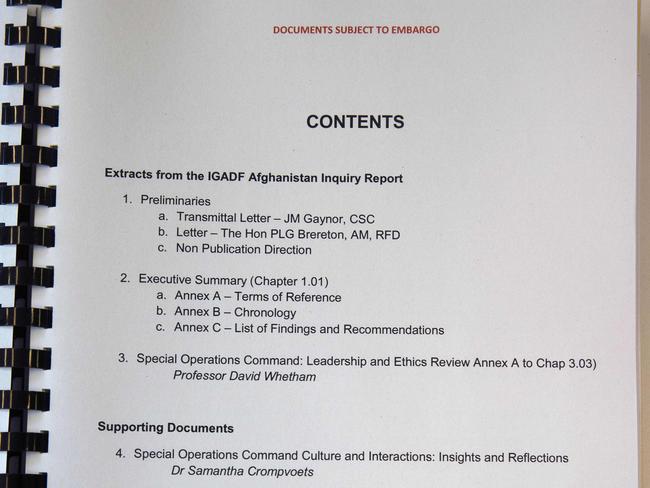
The probe is looking at 23 individuals implicated by the Brereton report, for an initial 36 incidents including unlawful deaths of at least 39 people, now expanded to up to 45 incidents.
According to the OSI/AFP case management has been divided up into those deemed to be principal perpetrators and accessories “some on a single occasion and a few on multiple occasions”.
Evidence out of Afghanistan has been hard to gather since the administration fell to Taliban control and also Pakistan where some potential witnesses had since fled.So reliance has been on former Australian Defence Force (ADF) soldiers giving testimony against others.
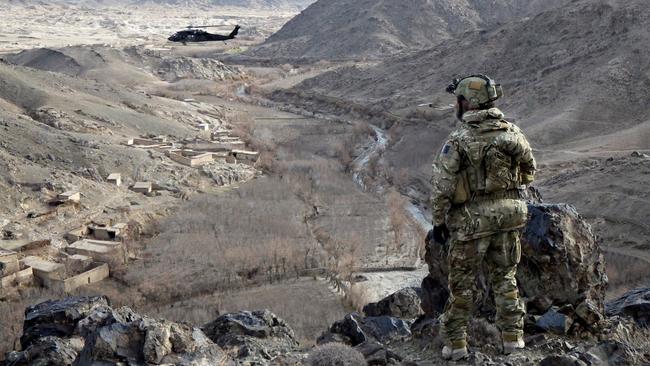
It is understood cases also involve senior figures from the Special Operations Task Group command who allegedly submitted “false operational reporting, deliberate actions to misrepresent operations that were undertaken”.
Certain figures had also been allegedly actively obstructing attempts to investigate.
At least one Special Forces soldier present at some of the Afghanistan operations police are now investigating for possible war crimes, did not even know there was an issue with their combat actions until the Brereton report came out and it is alleged he had since seen the facts around his mission brief had been changed sometime after hostilities and 2019.
“Nothing is black and white in some of these things, they are a mess and reflect the fact it was a war but police have successfully pitted one (soldier suspect) against another offering immunity if they give evidence which they have,” one source said.
“Some of the guys genuinely didn’t know there was issue an with the JPEL (Joint Prioritised Effects List for kill or capture of high value targets) so that‘s created some reasonable doubt they (prosecutors) will struggle with.”
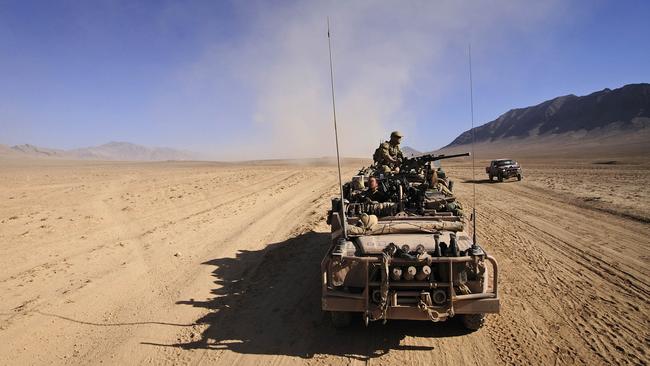
Critically in question is what constitutes people “Directly Participating in Hostilities (DPH)” which includes not only being an armed enemy combatant but those in the area of a planned attack or a IED or finance facilitator but that suspect can also quickly be deemed just an ordinary civilian if they move quickly enough away from DPH status.
Those Special Forces soldiers and families spoken to by News Corp Australia have cited the relentless “anger, hurt and trauma” many of the former serving men from the SAS and SF more broadly are going through from the police probe and publicity.
“These guys served their country in a war zone under extraordinary conditions most people could never comprehend and now they are collectively being treated like the worst criminals,” one said.
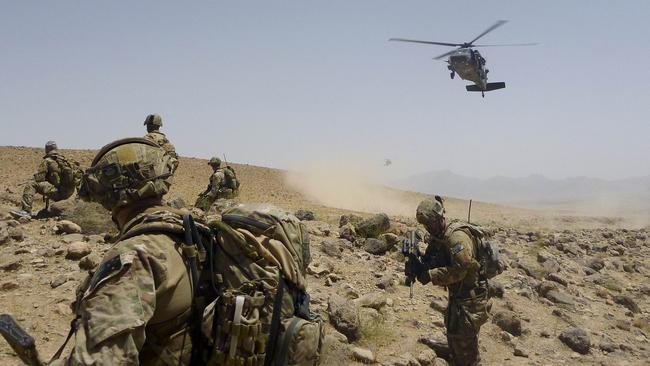
Commanders above patrol level had largely been exonerated by Brereton and deemed to not have known or been recklessly indifferent to war crimes and breaches of rules of engagement.
But documents now released under Freedom of Information (FOI) show several now being called to show cause why they should not face at the very least administrative action in relation to their moral and actual failure in command.
The FOI shows the steps ADF chief General Angus Campbell had taken in this regard.
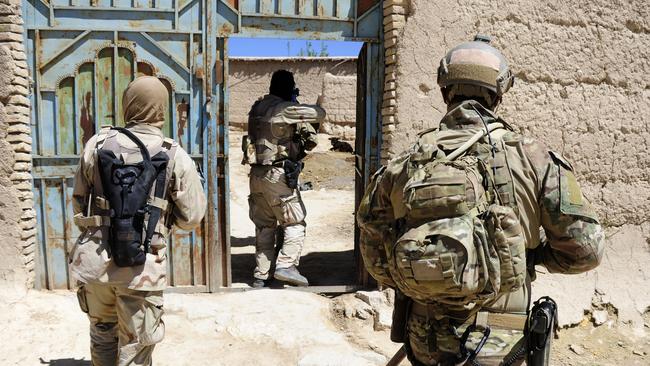
Initially, it notes he held back for fear of compromising OSI-AFP investigations but then got the green light to proceed to demand “current and former” troop, squadron and task group level commanders explain why they should not face action.
His probe found the elite nature of Special Forces created an exception to ordinary oversight rules applicable to the rest of the military and created a “distorted culture”.
“Not correcting this culture as it developed was a failure of unit and higher command,” he concluded.
Ironically a group of former troops are mounting an action against the CDF himself, questioning his own command failure culpability and also his awarding of his service medals including distinguished service related to Afghanistan.




